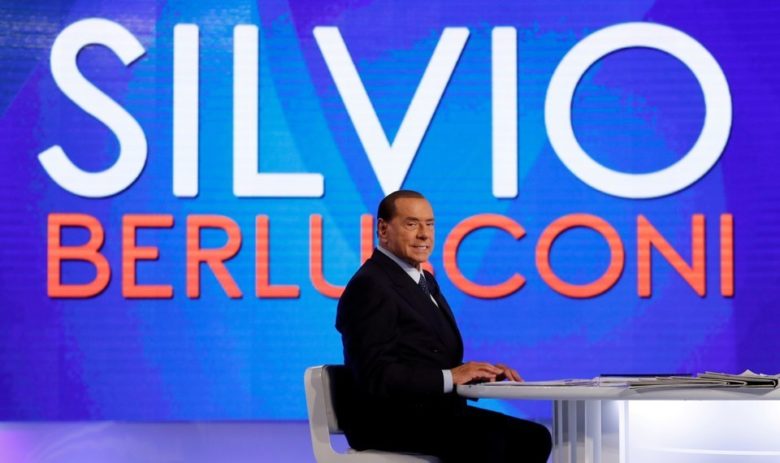El País si concentra invece su “La maldición de Matteo Renzi” che “pasó de ser un ciclón de la política europea a un líder con quien nadie quiere aparecer hoy en la fotografía de campaña”.Anche Politico, ovviamente, si sofferma sul voto del 4 marzo che “has prompted jitters in financial markets, European chancelleries and, not least, the Berlaymont building in Bruxelles”. Prima la prende alla lontana e spiega che i semi del malfunzionamento del paese sono stati piantati molto tempo fa (“12 people who ruined Italy”) e poi illustra le ragioni del successo di Antonio Tajani (“Do-little Italian’s big career”): loyal, low-key, agreeable”.
Der Spiegel International racconta (“Berlusconi, Five Star and the Road to Political Gridlock”) la nostra “strange election campaign with an uncertain outcome” e mette in guardia sul fatto che “the consequences for Europe could be significant”. Ma The Atlantic si pone la domanda da un milione di dollari: “Why? How is possible that Berlusconi in still on the political stage?”
“I’ll try to keep this simple”, scrive Rachel Donadio. “He’s still around because Italy doesn’t have a normal center-right; because its center-left, although polling higher than Forza Italia, has imploded into a fratricidal mess and been unable to capitalize on five years of decent government; and because he’s a known quantity in an election dominated by anti-establishment arrivistes like the Five-Star Movement and right-wing anti-immigrant politicians. During the campaign, Berlusconi has referred to himself as “usato sicuro,” or “used but in good condition,” the same term you see in ads for used cars…” (“Why is Silvio Berlusconi Back (Again)?”). Da leggere.




